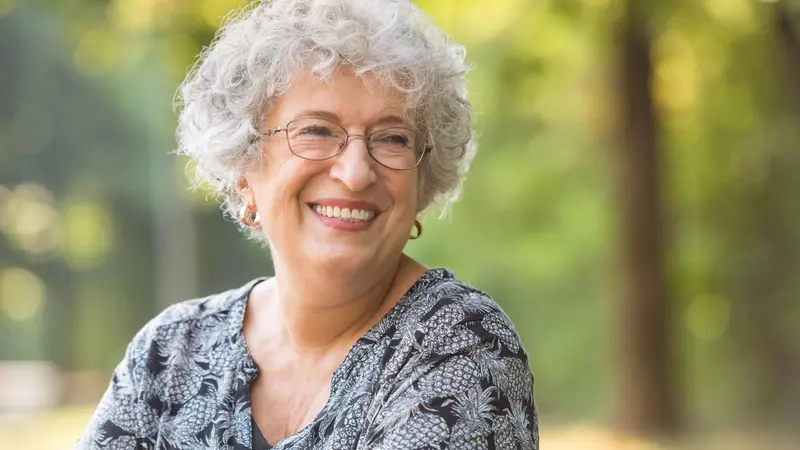Memory Challenges: As people grow older, their memory and thinking can change. But how do you know if forgetting things is normal or a sign of something more serious? Learning to spot memory problems early can help your loved ones get the care they need.
Families can play an important role in keeping seniors active, healthy, and connected. With the right attention, support, and understanding, it’s possible to improve the quality of life and keep the mind strong for as long as possible.
Spotting Early Signs of Memory Problems
Sometimes older adults forget where they put things or miss an appointment. This can be normal. But if they often forget recent events, lose track of time, or seem confused, it may be a warning sign.
Trouble following conversations or doing familiar tasks can also be a concern. Seeing these changes early can help families find support quickly and give loved ones the care they need.
Telling Normal Aging from Dementia
Normal aging may cause slower recall, but dementia brings ongoing confusion and changes in behavior. People with dementia may forget names, places, or steps for simple tasks. This can make daily life harder and less safe.
Pay attention to changes that disrupt everyday living. If you are unsure, visiting a doctor can help explain the cause and guide you toward the right help and resources.
Helping the Brain Stay Active
Mental exercises can help slow memory decline. Reading, puzzles, music, and light exercise keep the brain alert. Talking with friends and joining activities can also keep the mind engaged.
Many local programs offer memory care services seniors need to stay active and supported. Making these activities part of each day can help protect thinking skills and improve mood.
Making the Home Safe and Simple
A safe home can lower stress for seniors with memory issues. Keep important items in the same spot and label them if needed. Use good lighting and remove things that could cause falls.
Clear walkways and simple room layouts make moving around easier. These small changes help seniors feel confident, reduce worry, and give them more independence in daily life.
Knowing When to Ask for Professional Help
If memory problems keep a person from managing daily life, it’s time to see a doctor. A health check can find the reason for the changes and suggest treatment or therapy. Getting help early can improve care and slow further problems. Acting quickly helps seniors get the right support and gives peace of mind to both them and their families.
Watch Out for The Signs of Memory Challenges in Your Elderly Loved Ones
Recognizing memory problems in older adults means paying attention, showing patience, and offering the right care. By spotting signs early, encouraging brain activity, and making the home safe, families can help their loved ones stay engaged and happy.
Doctors, therapists, and community programs can provide valuable support. Caring for the mind takes time and love, but it helps seniors live with comfort and dignity.
Read more articles on our blog for tips on health, lifestyle, well-being, and other topics for every stage of life.
